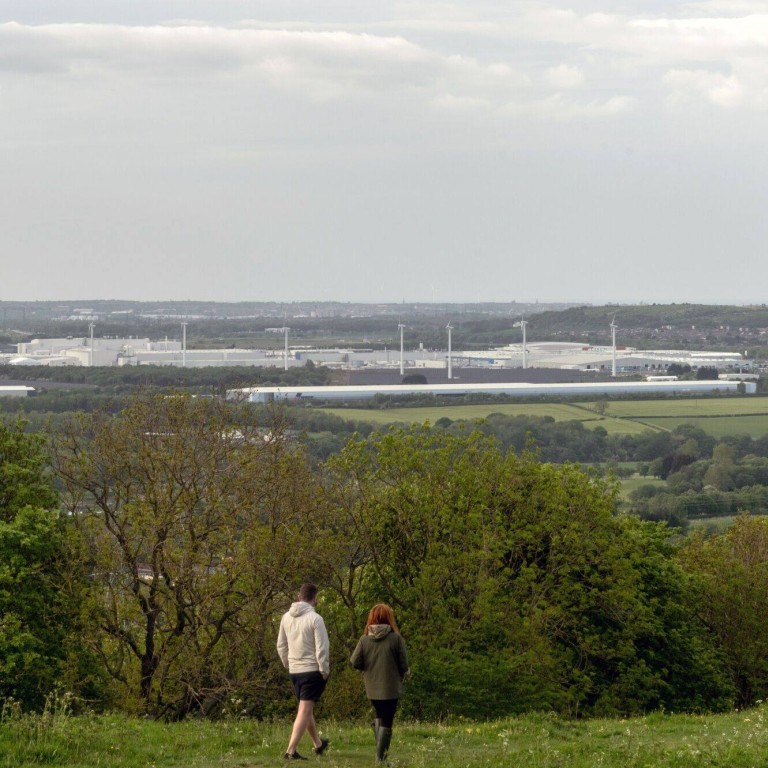
How to save the UK economy: spend big on industry like China
- UK recession fears are growing, amid rising interest rates. This is part of a bigger picture of industrial gloom and poor productivity
- Investment spending in the UK accounts for 17 per cent of GDP, less than the US and China. Britain must invest more to keep up with industrial competitors
UK policymakers seem all at sea over how to handle the deepening crisis. The government lacks resources to fund a major fiscal reflation, especially with public sector debt reaching over 100 per cent of gross domestic product for the first time in over 60 years.
Meanwhile the Bank of England seems intent on curing Britain’s inflation by running high interest rates, deflating domestic demand and raising the risk of recession in the process. UK money market futures are already anticipating that interest rates might top out as high as 6 per cent in the coming months.

With UK core inflation rising to 7.1 per cent last month, the country’s gross domestic product growth is only expected to scrape in at a meagre 0.3 per cent for 2023. Weak growth prospects, worryingly high inflation and poor productivity performance have been exacerbated by chronic underinvestment in the UK for decades, leaving the economy badly hamstrung as it recovers from the pandemic.
A recent international comparison complied by the UK Office for National Statistics suggests that productivity in Britain could be operating as much as 16 per cent below average levels of output per worker for the Group of 7 economies.
UK is keen to do business with Hong Kong, while standing up for British values
The productivity gap is often blamed on inflexible work practices in the UK and the unwillingness of British workers to accept pay cuts to keep their jobs, but, more likely than not, a focus on short-term corporate profit margins and uncertainty about Britain’s future prospects also play their part in businesses holding back vital investment needed to boost productivity performance in the long run.
The shock of Brexit and the lack of a coherent national economic strategy simply add to the long list of reasons to do as little as possible.
Business investment intentions are clearly flatlining in the UK right now, with gross fixed capital formation up only 0.4 per cent from a year ago, not good news for an economy which is falling behind its major industrial competitors. UK investment spending accounts for as little as 17 per cent of GDP, compared with 21 per cent for the US, 22 per cent for the euro area and 42 per cent for China. Britain clearly needs to invest much more to keep up.
Considering the squeeze on UK household incomes from rising living costs and mortgage charges, it’s no surprise that there’s a crowding out effect on the UK economy. Growth prospects are under pressure, business investment intentions are suffering, while the UK housing market is becoming increasingly vulnerable to a major correction at some stage.
Beijing’s dilemma is whether to accommodate the market with more easing or resist the drift towards Western-style ultra-low interest rates. Maybe it’s time to take a firmer line and put a stop to any further distortions. China’s interest rate easing cycle might have reached the end of the road.
David Brown is the chief executive of New View Economics

